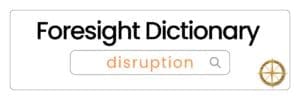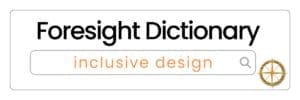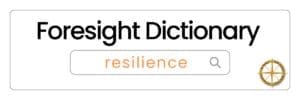
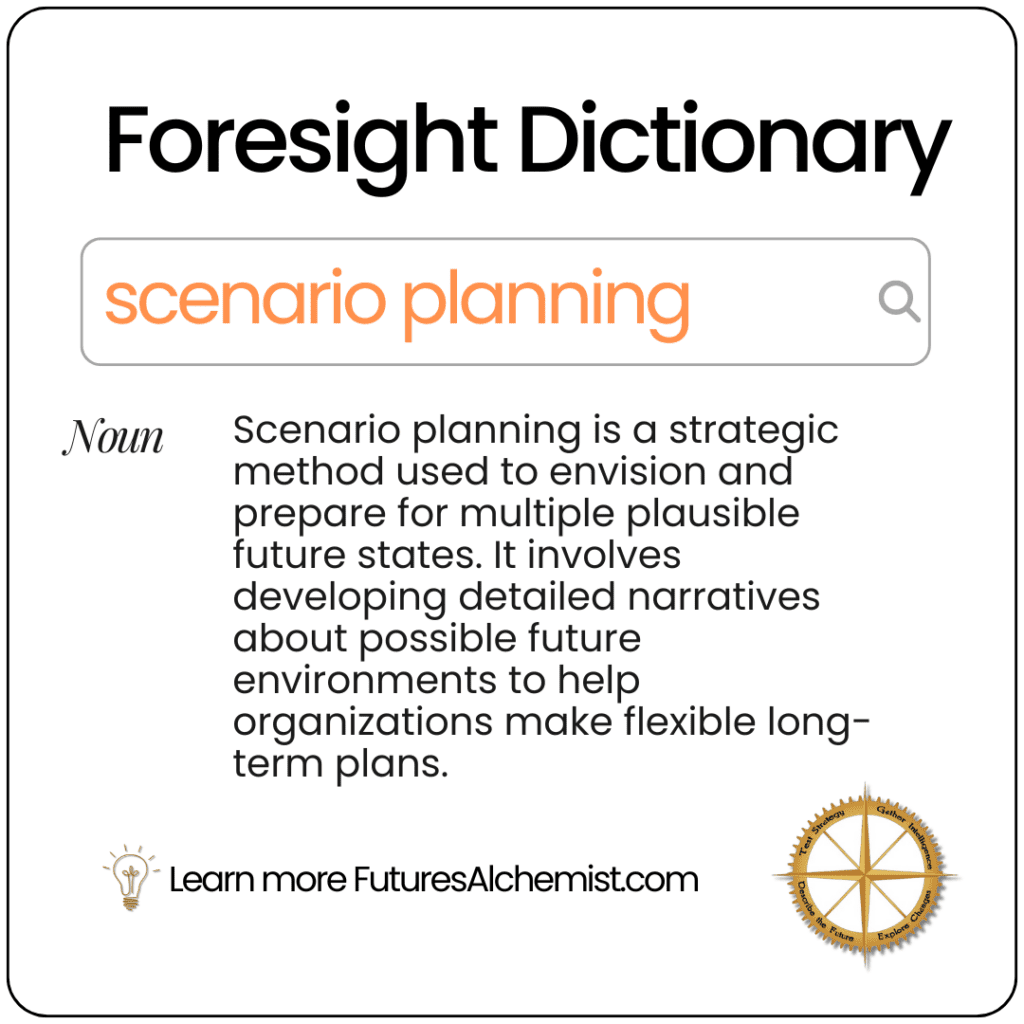
Definition
Scenario planning is a strategic method used to envision and prepare for multiple plausible future states. It involves developing detailed narratives about possible future environments to help organisations make flexible long-term plans.
Example
Royal Dutch Shell’s use of scenario planning in the 1970s is a classic example. In 1972, Shell’s planners developed scenarios including one where oil-producing nations might coordinate for economic and political gain. This helped Shell prepare for the 1973 oil crisis, allowing them to adapt more quickly than their competitors.
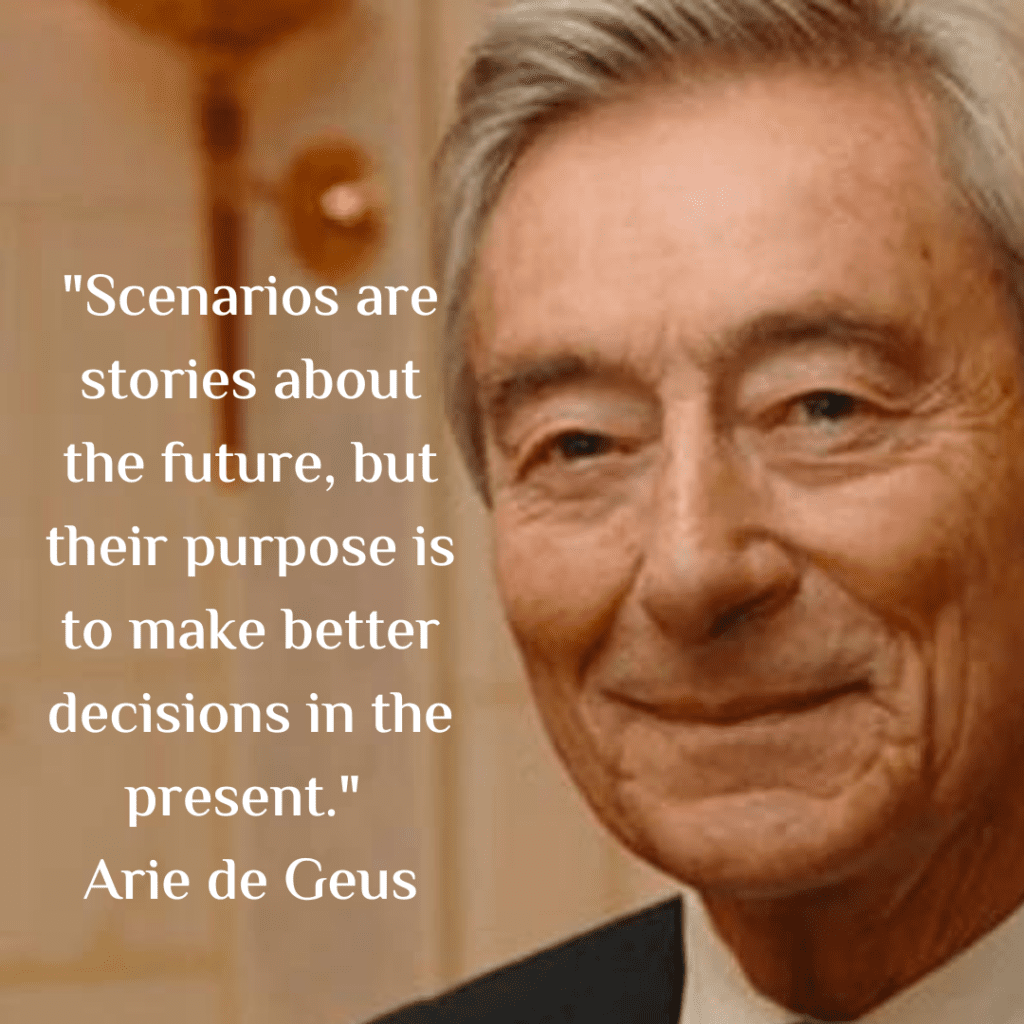
Ask yourself
- What are the key driving forces shaping the future of our industry/organisation?
- What are the critical uncertainties that could lead to different futures?
- How might these uncertainties interact to create distinct scenarios?
- What would our organisation look like in each of these scenarios?
- What actions can we take now to prepare for these possible futures?
- How can we remain agile to adapt to whichever scenario unfolds?
Tools
- PESTLE Analysis: To identify macro-environmental factors
- Causal Layered Analysis: To deepen the analysis of future scenarios
- Morphological Analysis: To explore possible combinations of different factors
- Backcasting: To work backwards from a future scenario to the present
- Wind Tunneling: To test strategies against different scenarios

